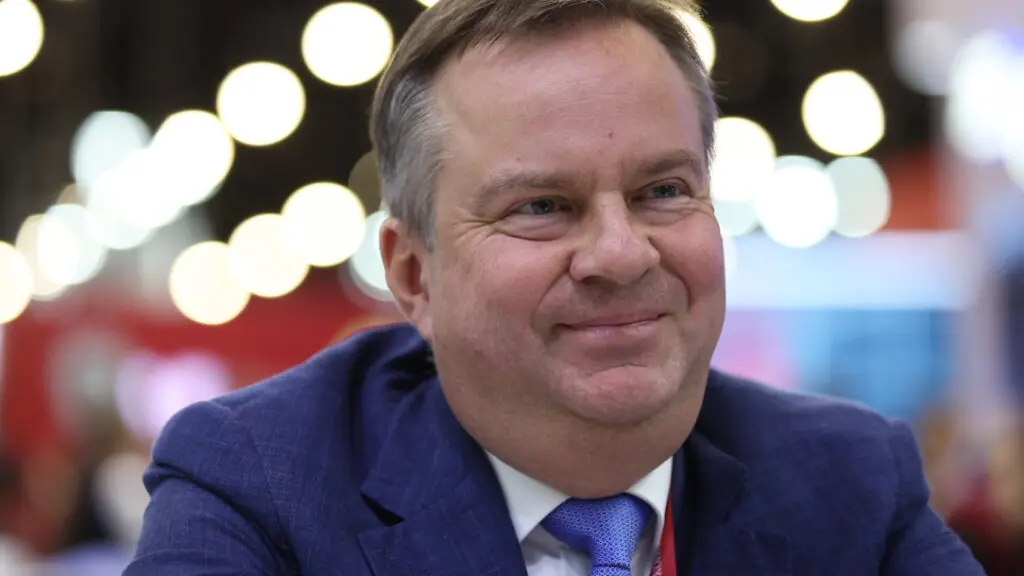One of the most recent “financial recommendations” from the top of the Russian Ministry of Finance aims to transform the population into a state creditor. Deputy Minister Aleksei Moiseev stated in an interview for RBC that citizens should keep their savings in rubles, preferably in the form of federal bonds (ОФЗ) — that is, direct loans to the government.
In his opinion, these instruments would be the best option for long-term savings, while bank deposits would only be suitable for short-term purposes. “There is no point in buying more currency,” Moiseev insisted, arguing that the ruble has strengthened and interest rates on dollar or euro deposits are “very low” anyway.
The official’s statements come in a sensitive context: Russia’s budget deficit for 2025 is estimated at 5.7 trillion rubles (≈ 57 billion euros), and substantial deficits are planned for the following years:
-
2026 – 3.8 trillion rubles (≈ 38 billion euros),
-
2027 – 3.2 trillion rubles (≈ 32 billion euros),
-
2028 – 3.5 trillion rubles (≈ 35 billion euros).
In short, the government urgently needs money and is turning its gaze towards its own people. Hence the emphasis on attracting the population’s savings through bonds.
In parallel, Moiseev also suggested buying gold, but did not explain how citizens could avoid the risks of rampant inflation or the volatility of the domestic market. As for “investments in currency”, he labeled them as “unjustified”.
Critics see in these statements a clear signal that the authorities are trying to fill the budget gaps caused by sanctions, the war in Ukraine, and declining energy revenues. Essentially, the Russian citizen is encouraged to become a direct sponsor of the Kremlin’s budgetary efforts, with little transparency or return guarantees.
Details, HERE

